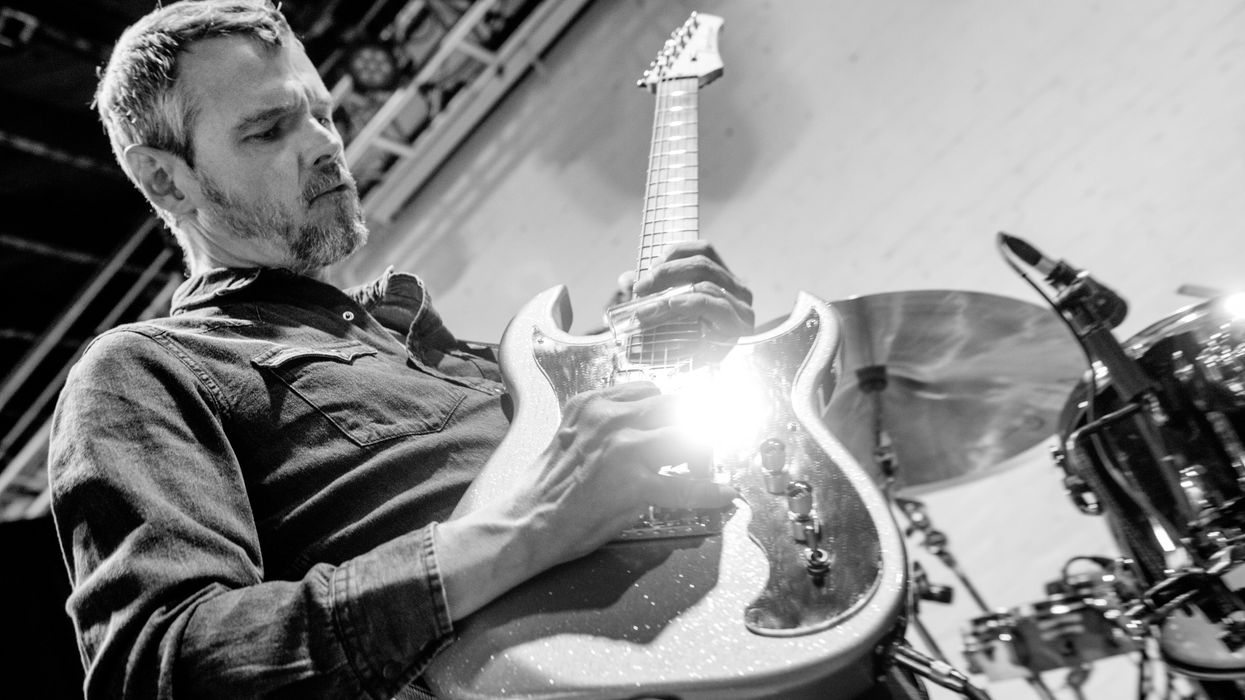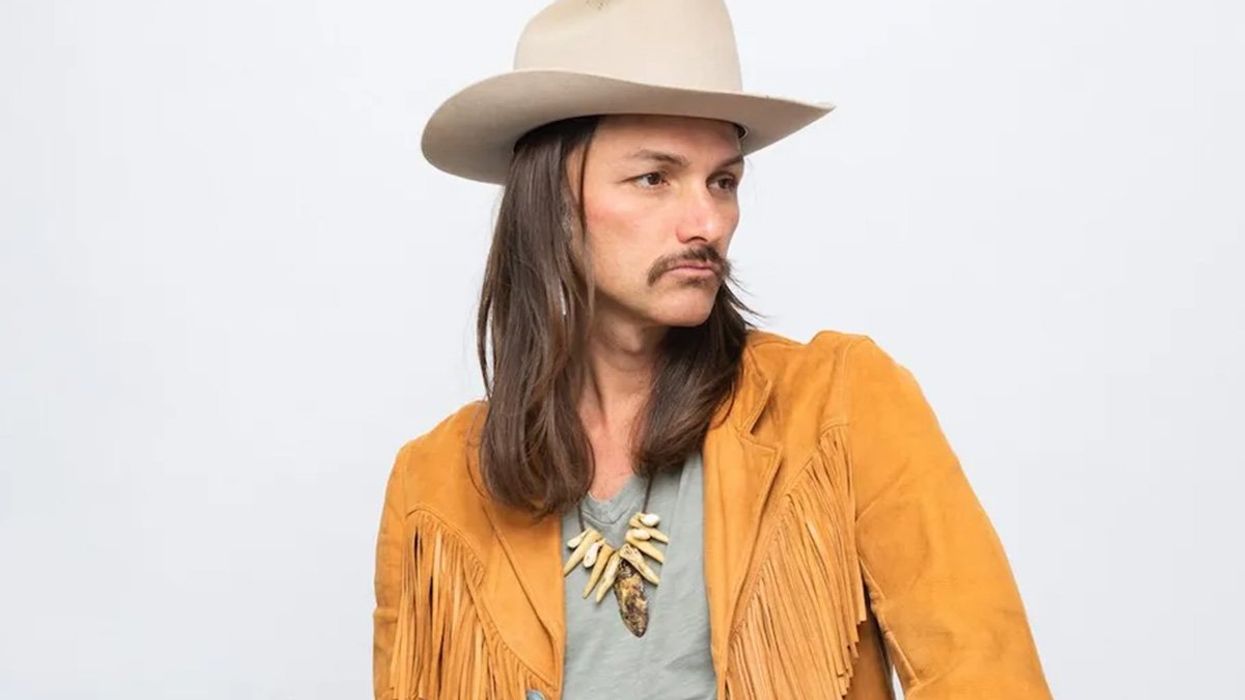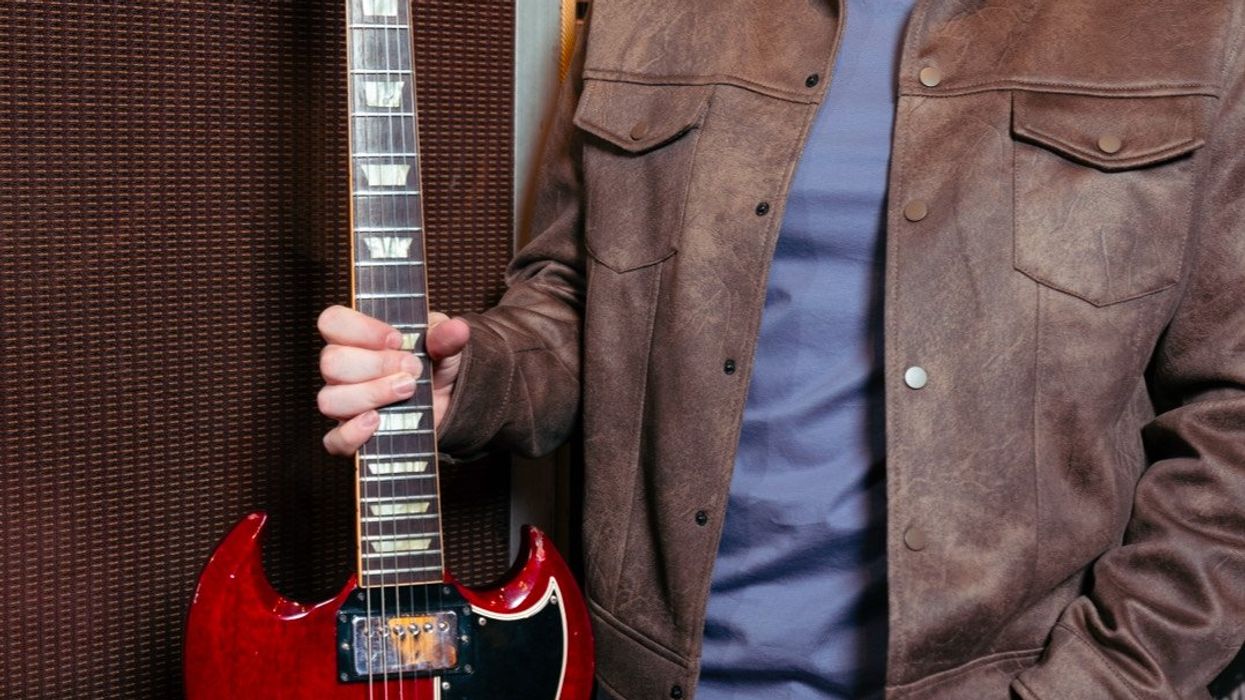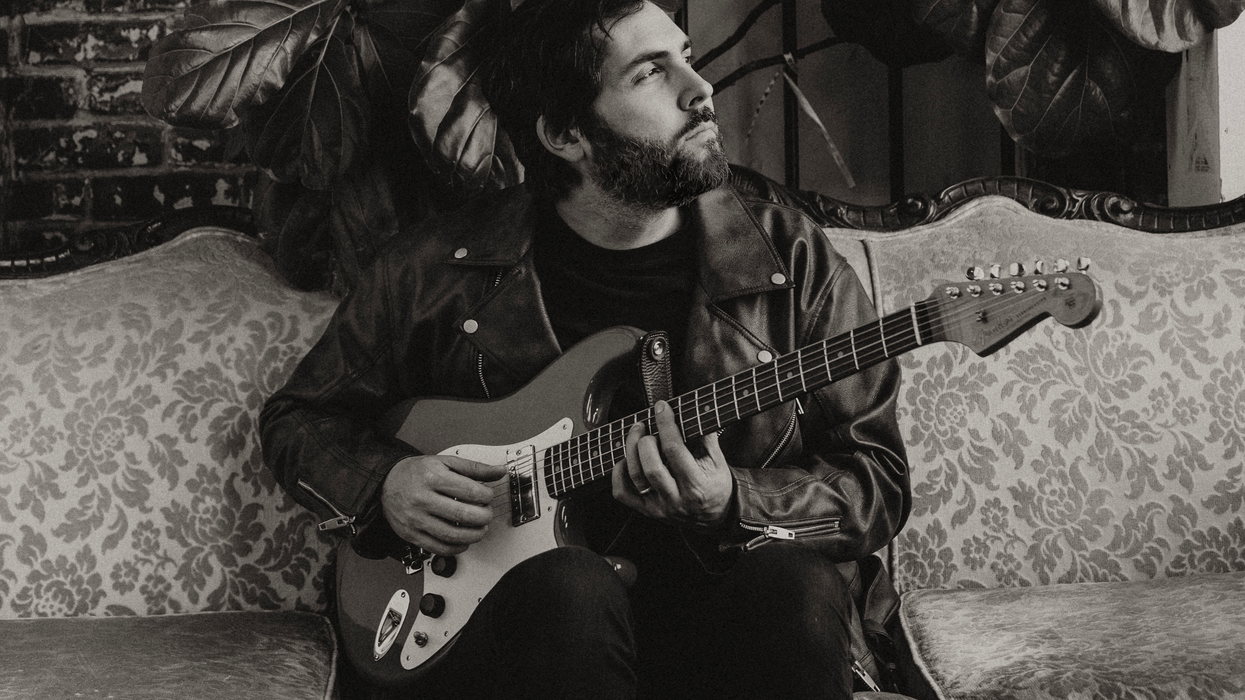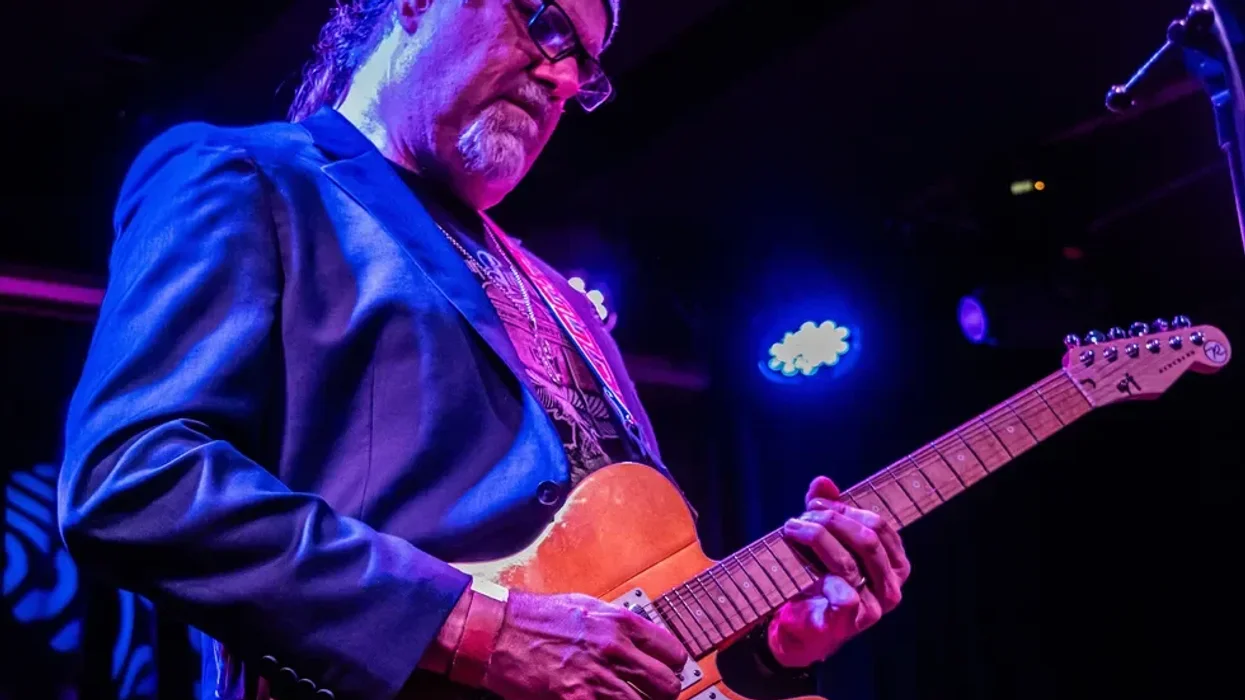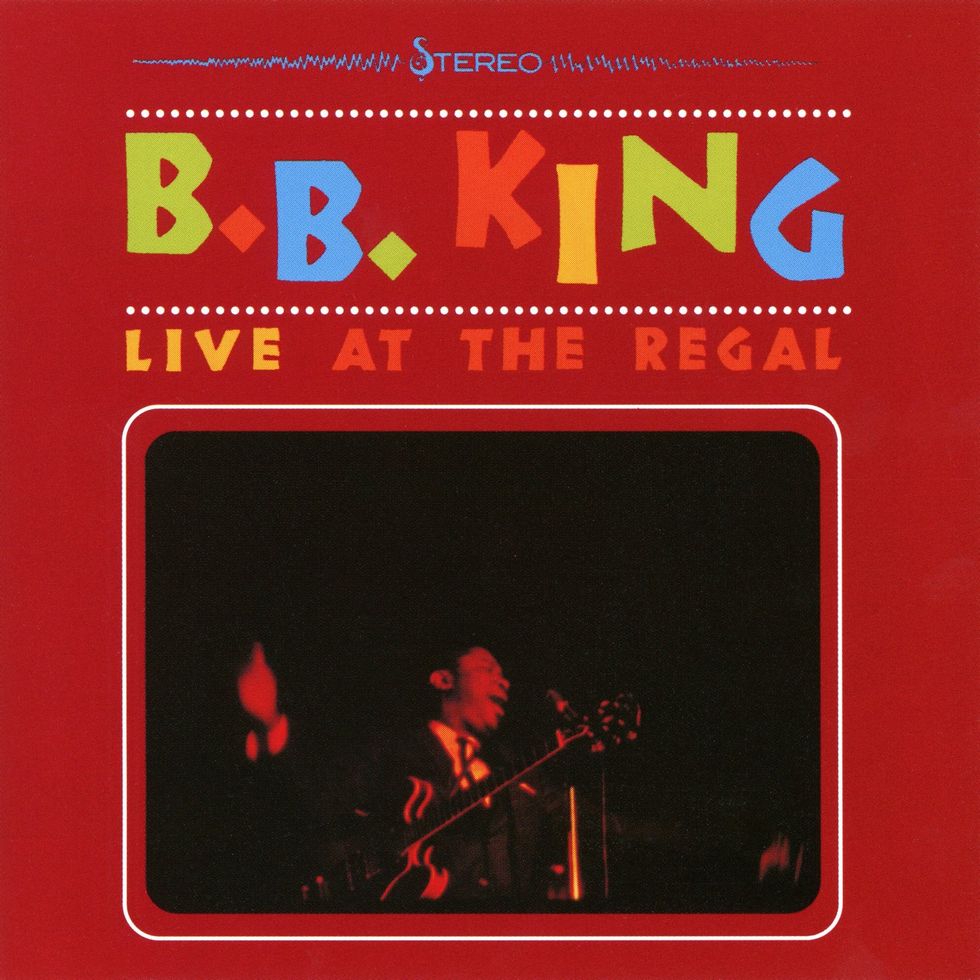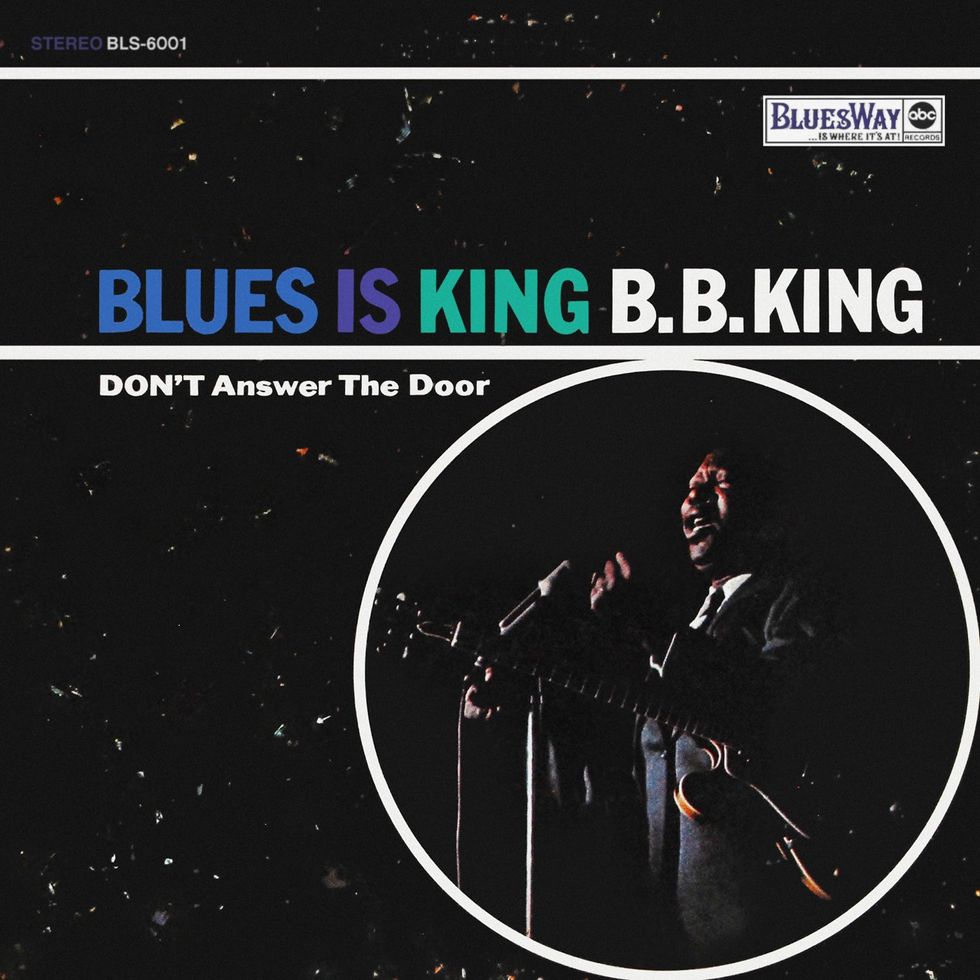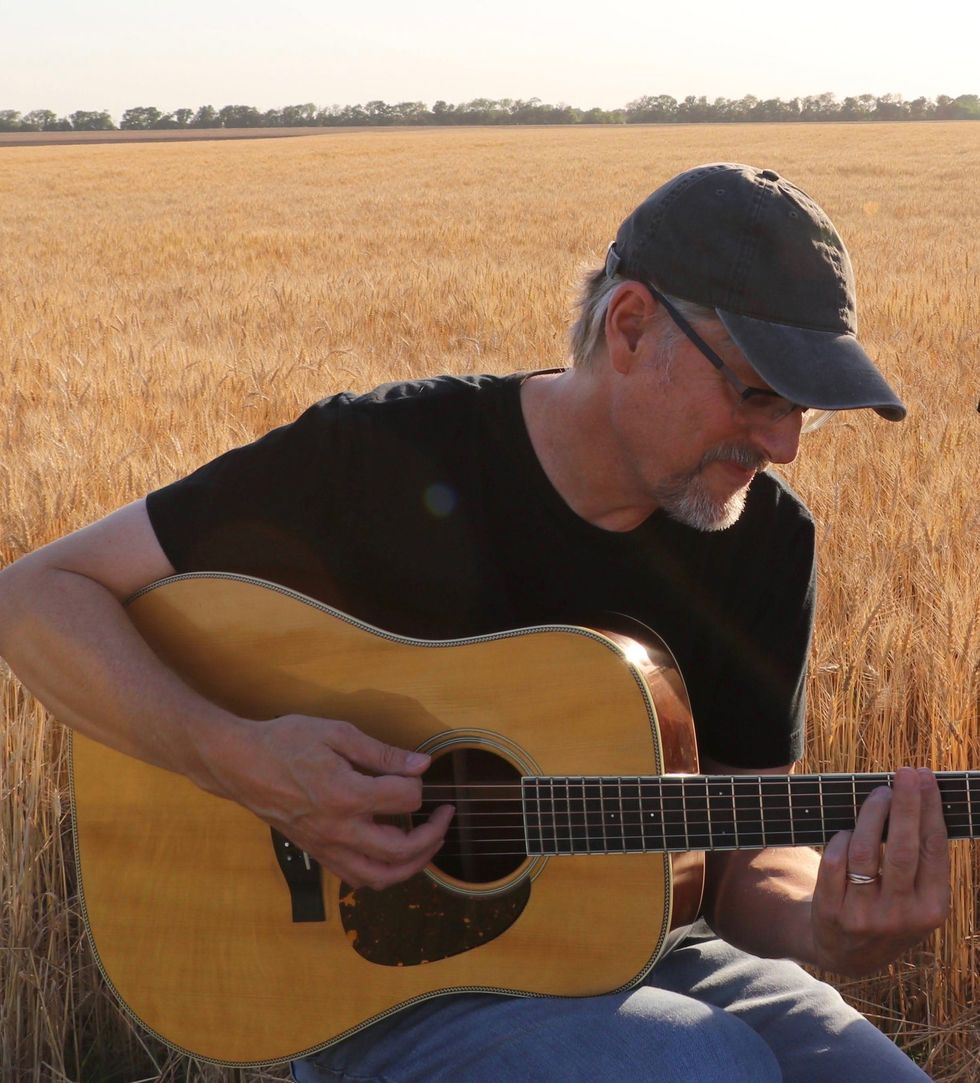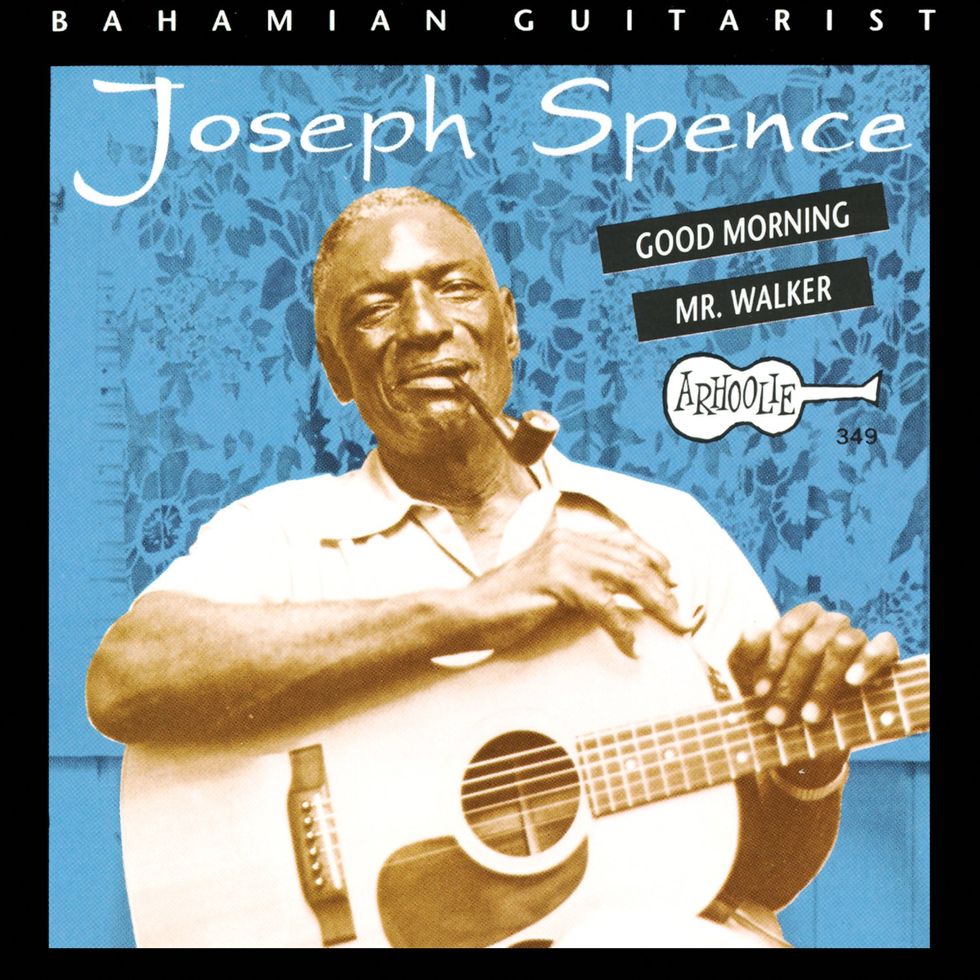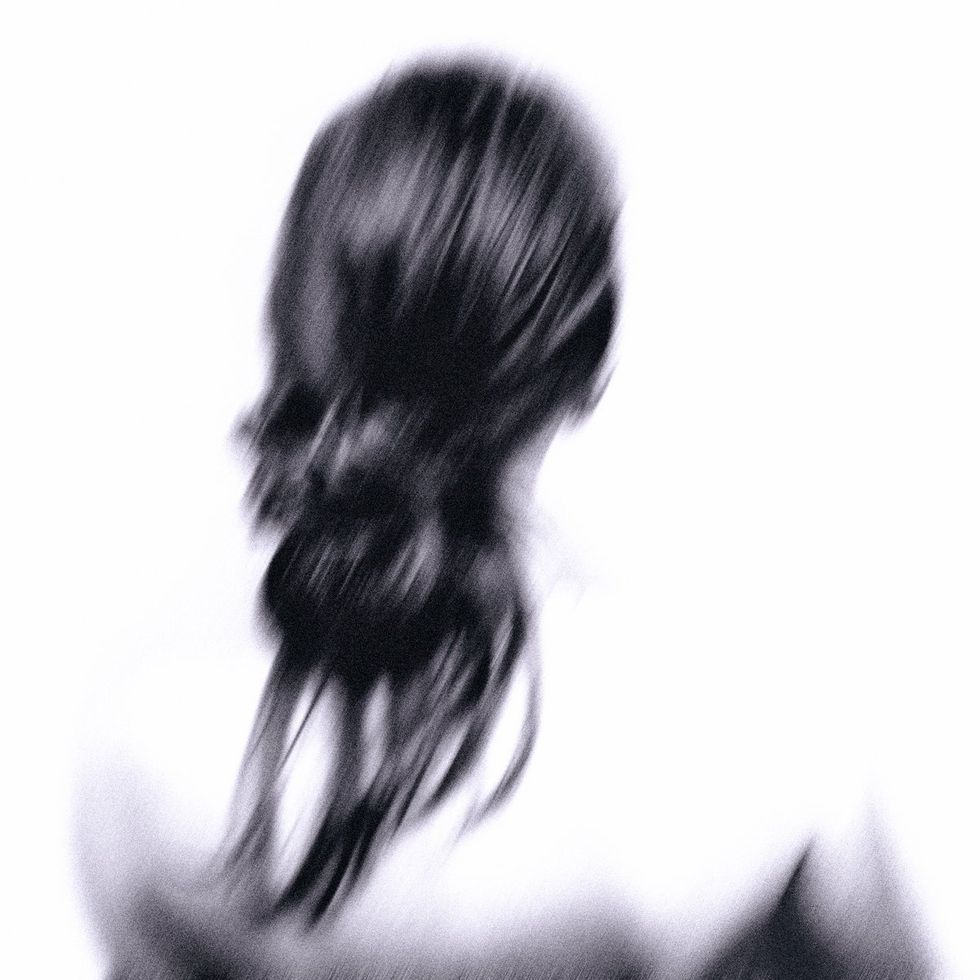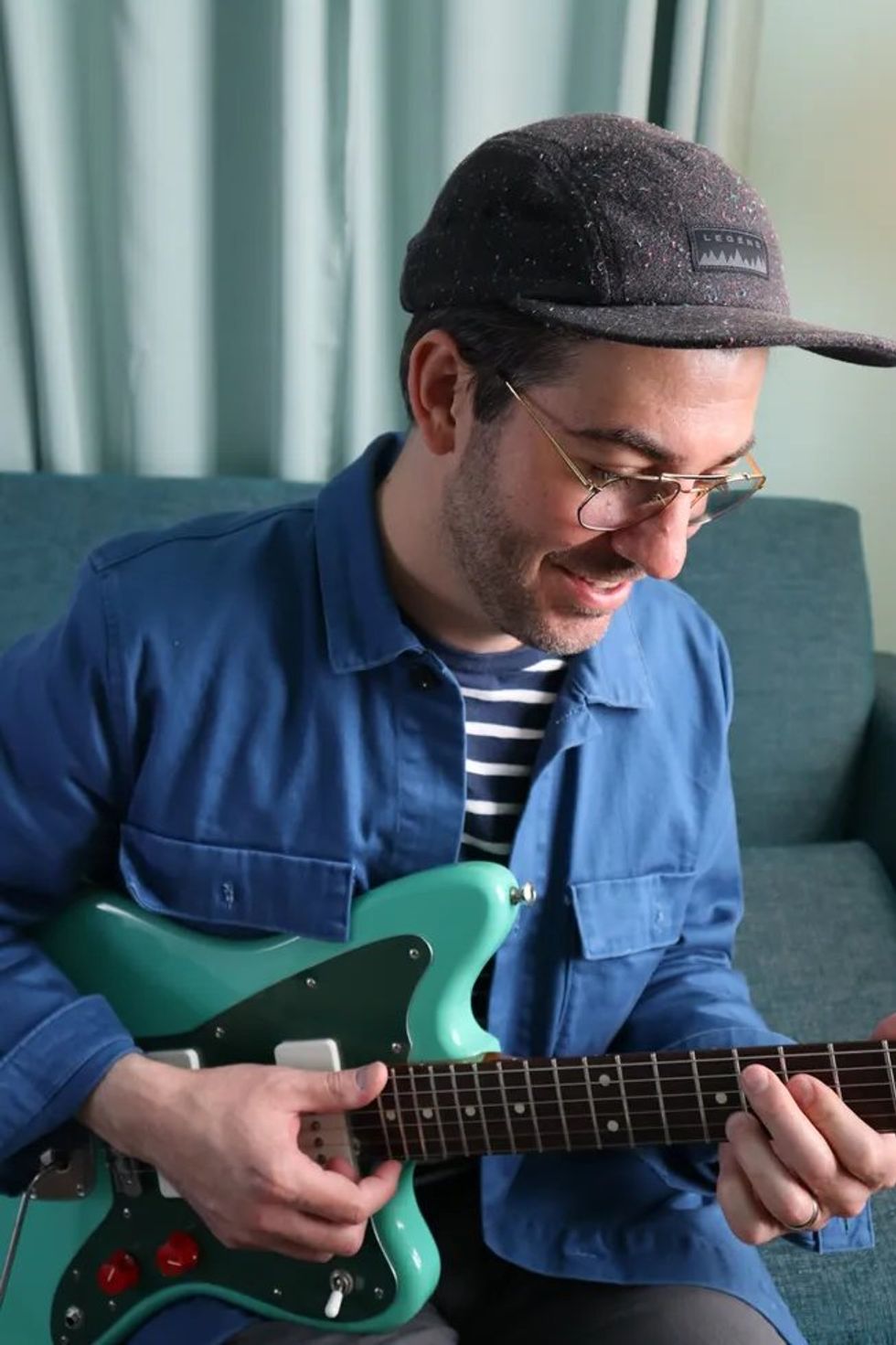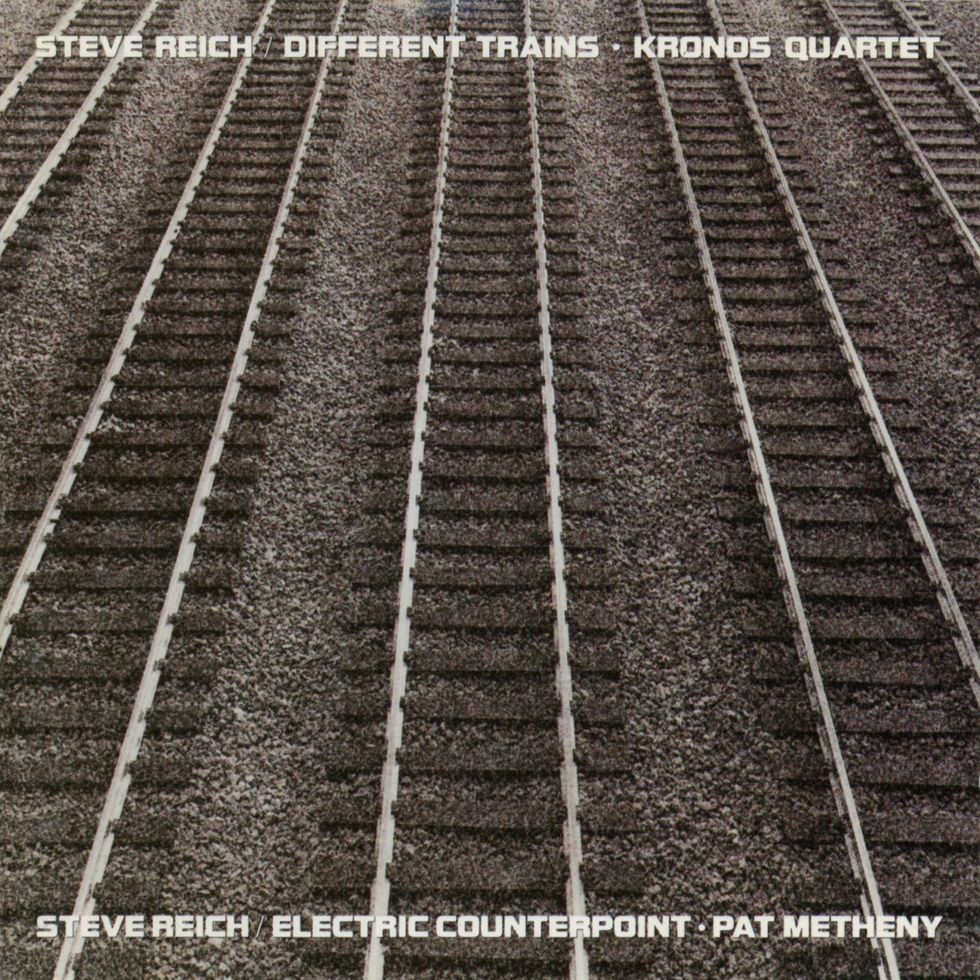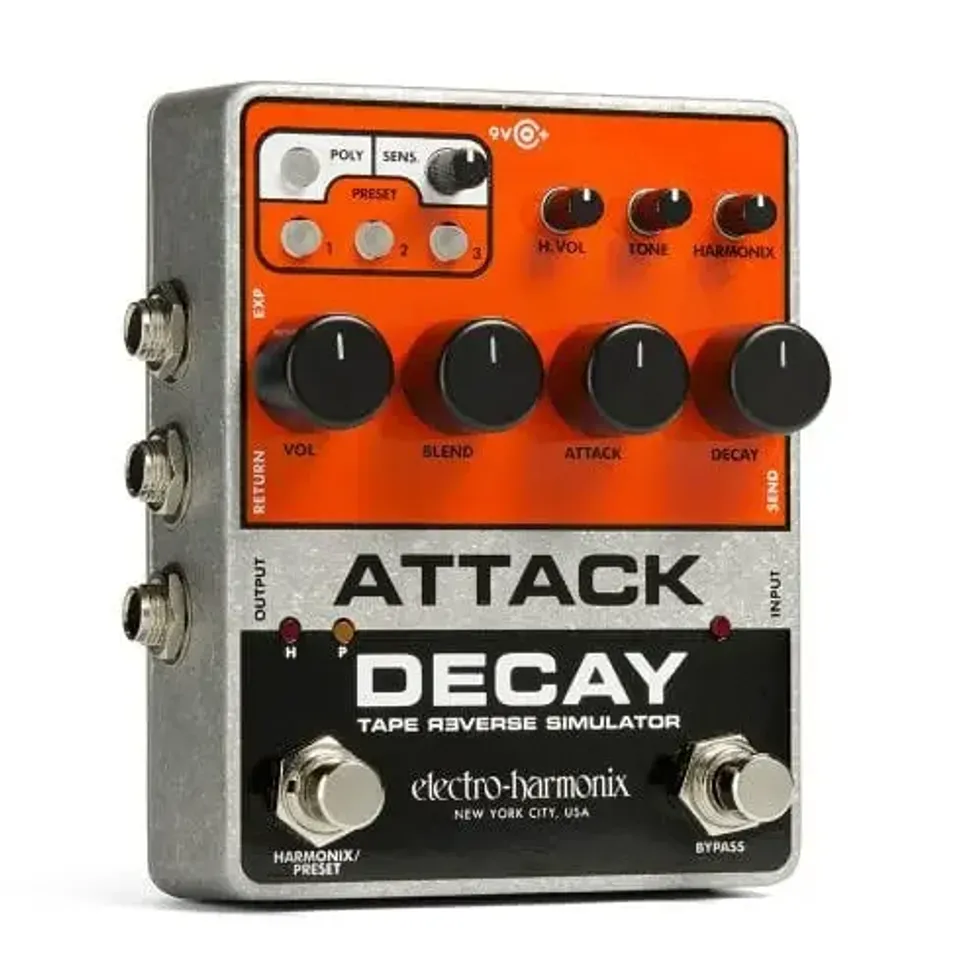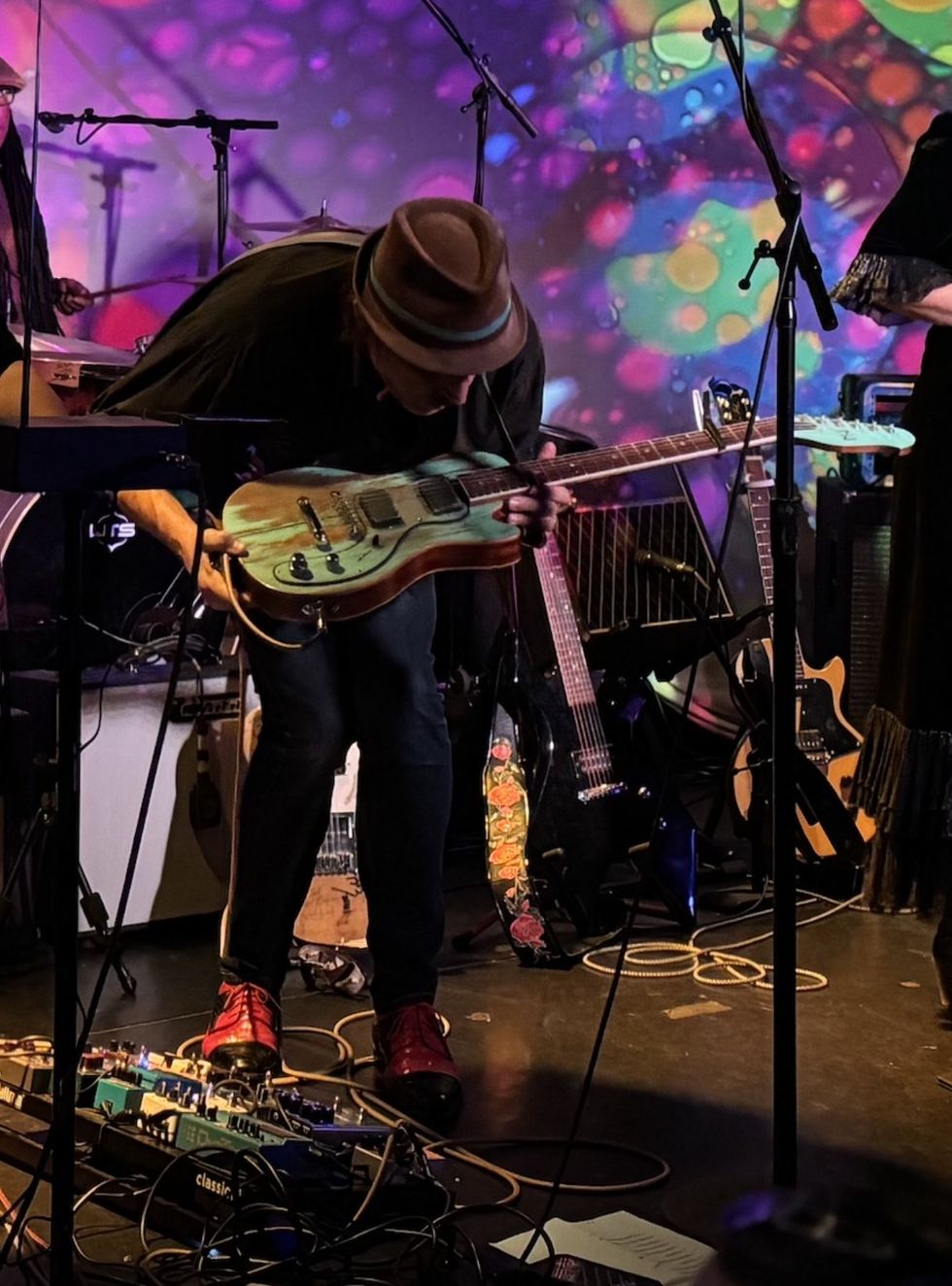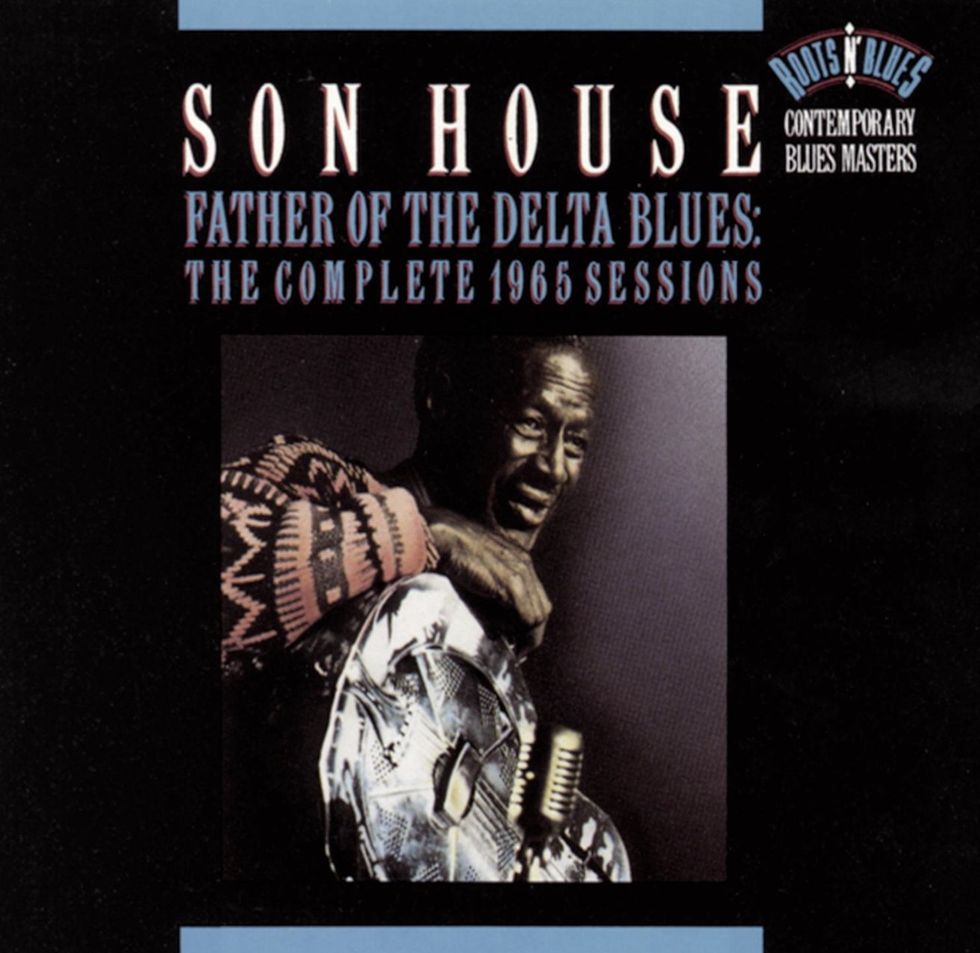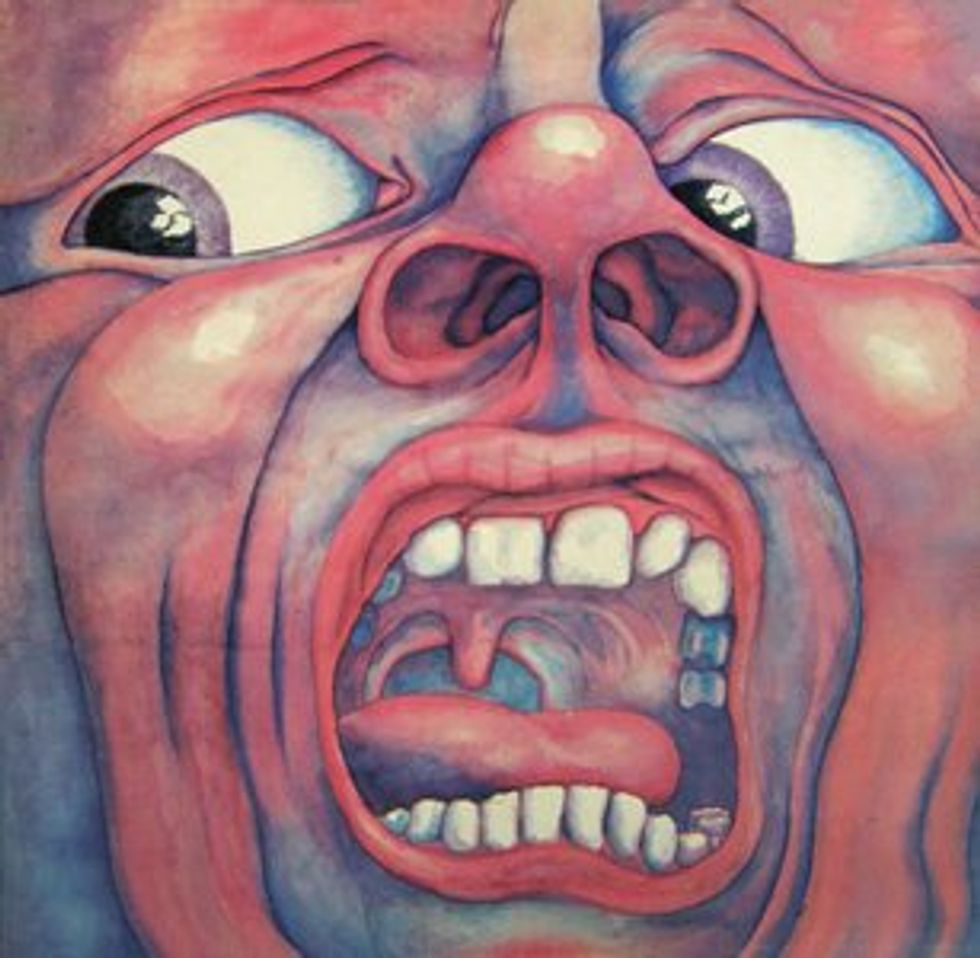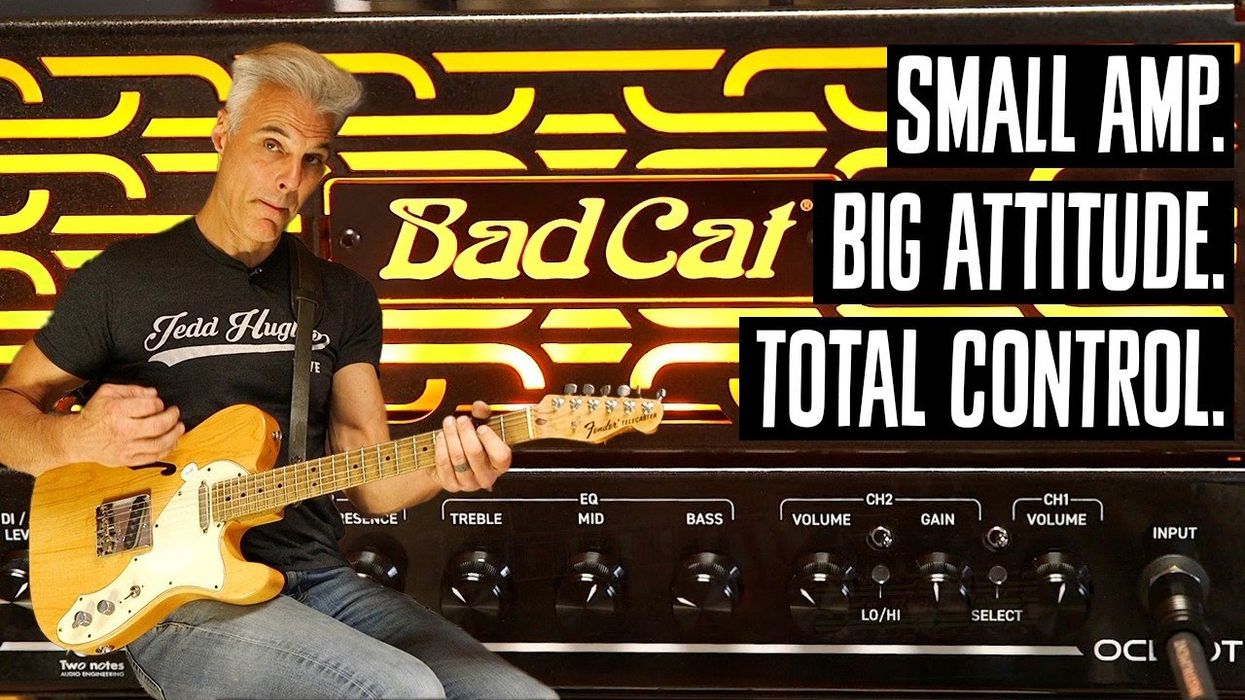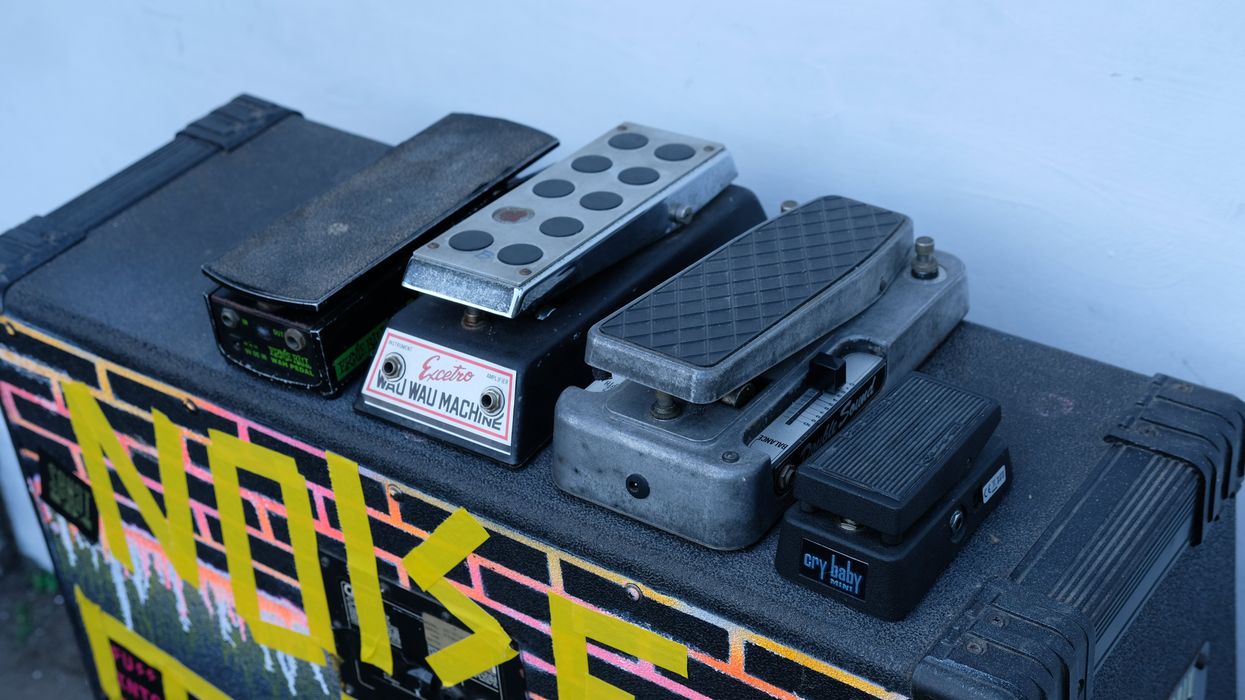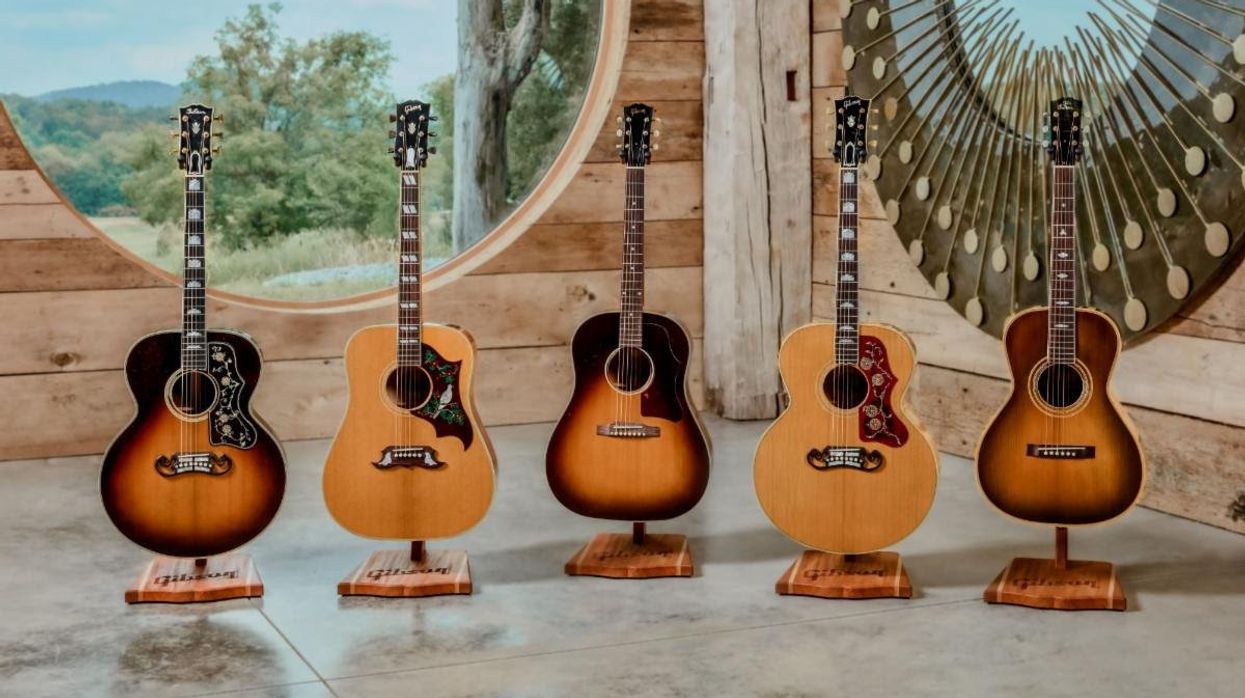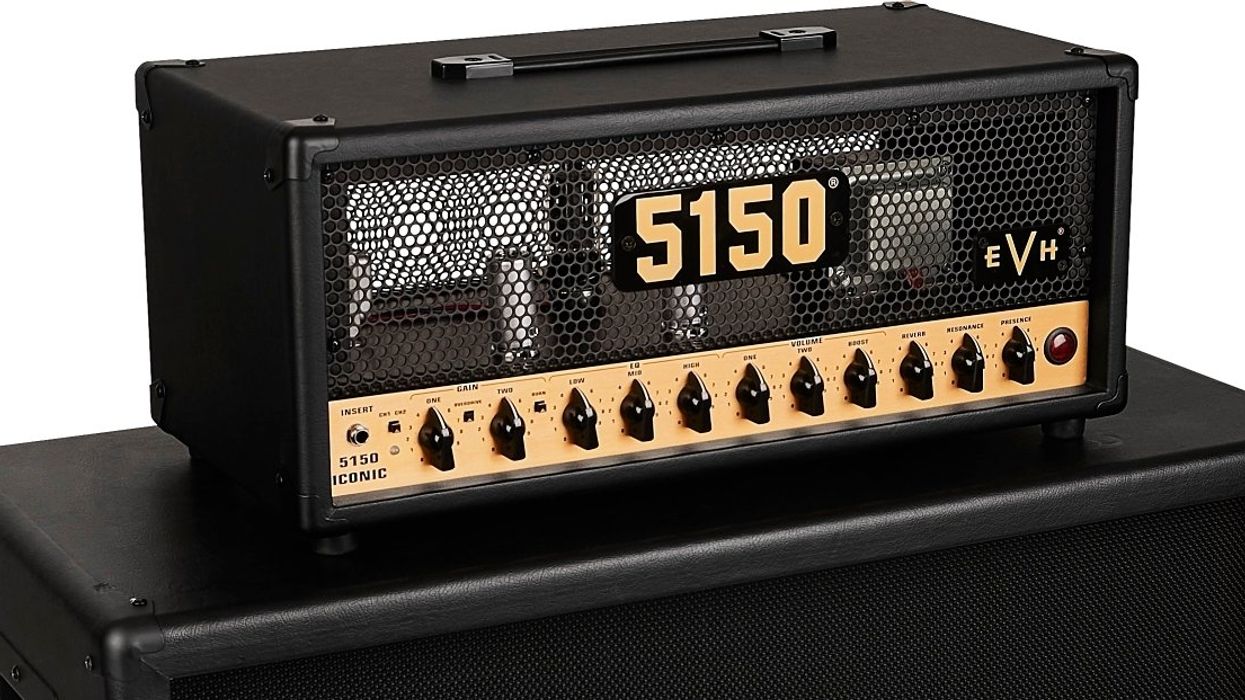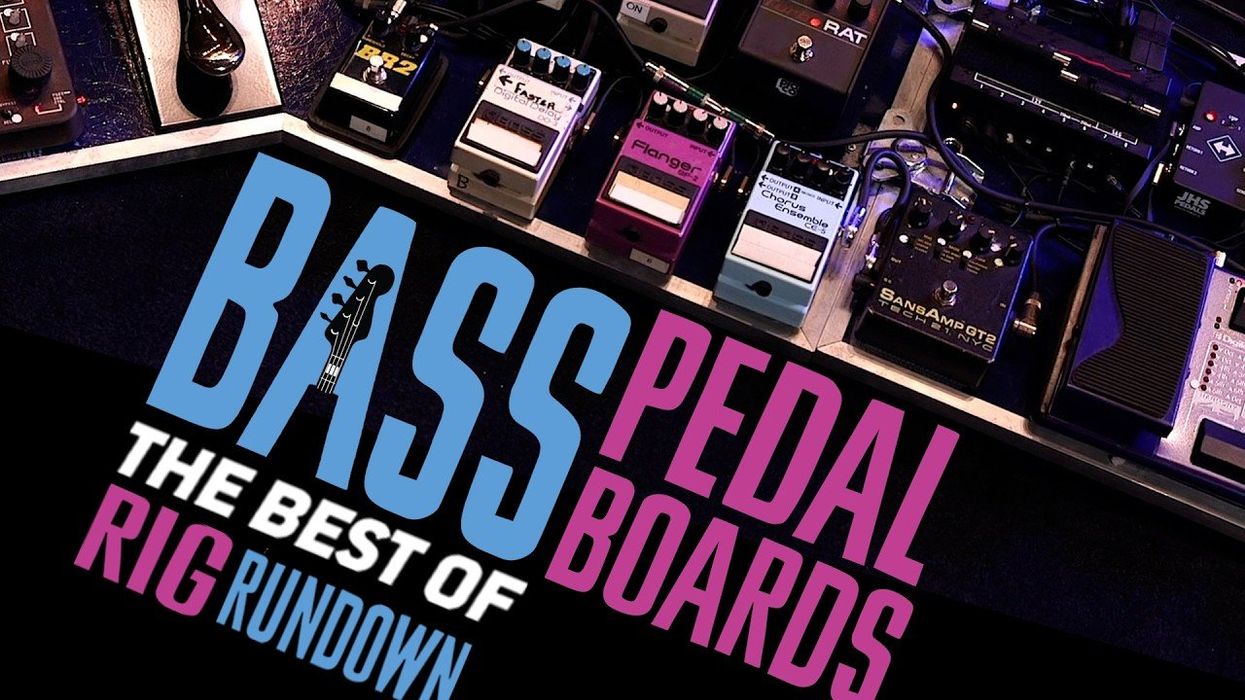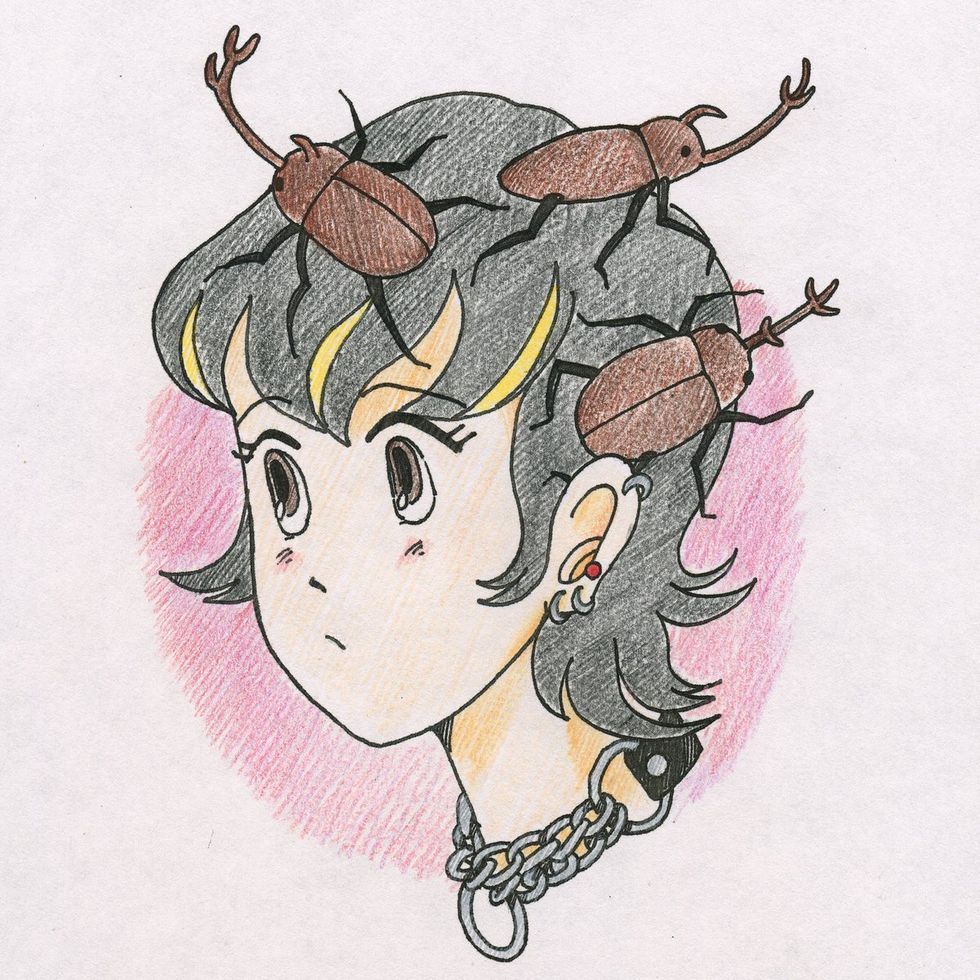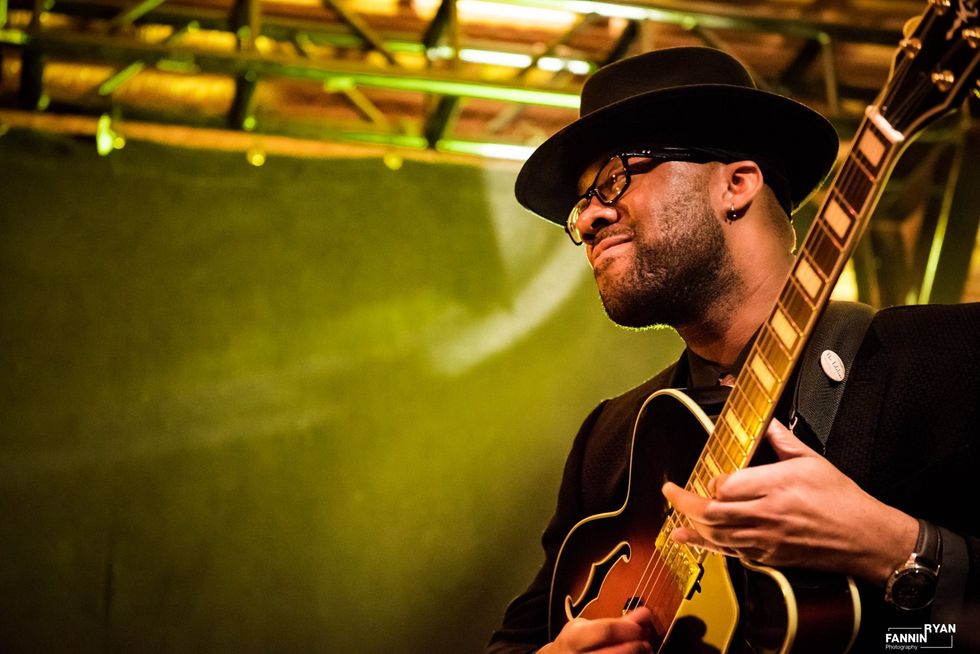Question: What’s the most rewarding aspect of playing music for you? Photo by Ella Margolin
A: I think the most rewarding aspect of music is the rush and chaos of playing live shows with my friends. I really love the tension—not knowing what’ll go wrong each night and what’ll come together nicely.
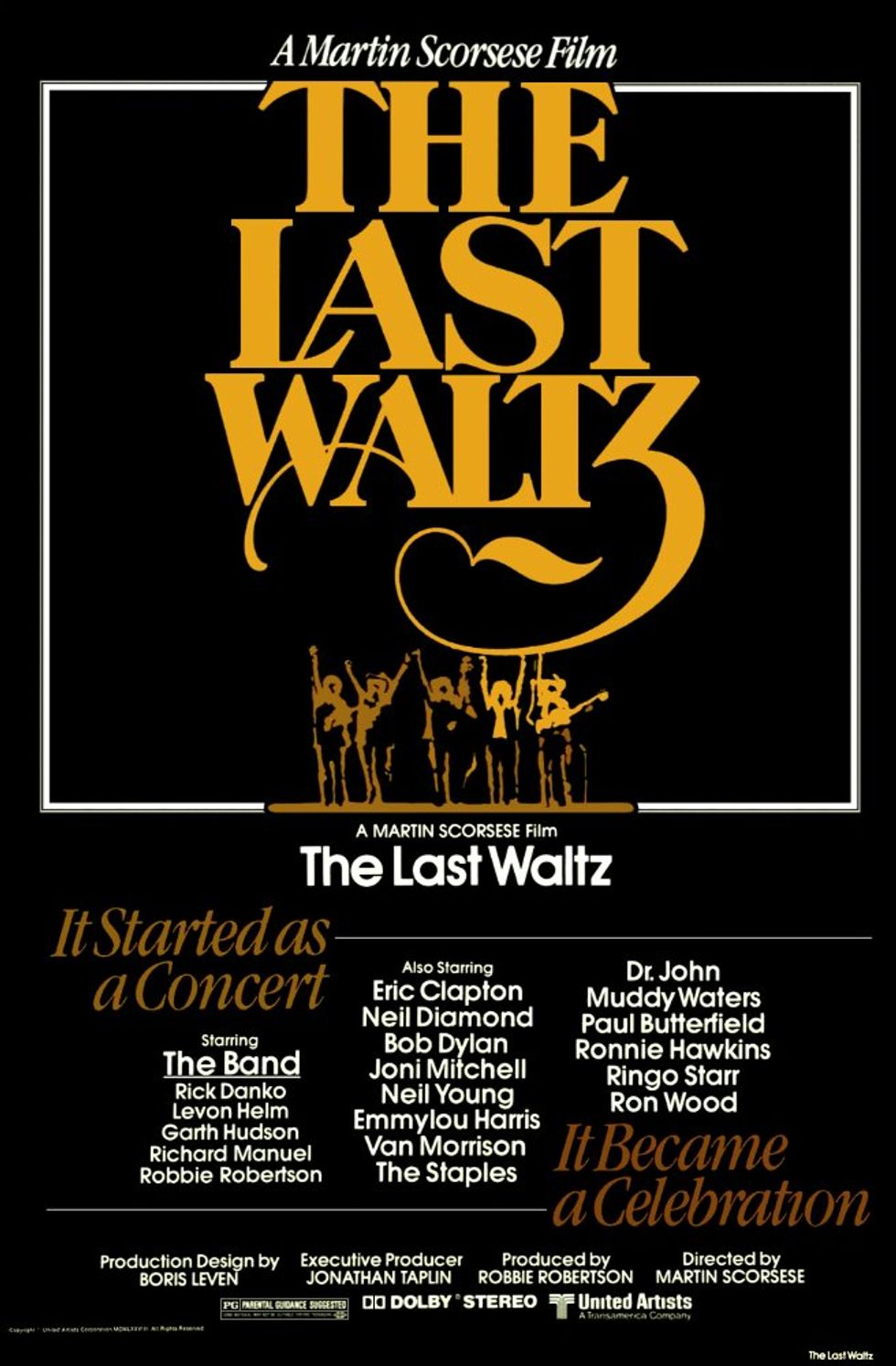
Billy’s recent fascination has been with The Last Waltz, both film and accompanying album.
Obsession: This summer I discovered the Band’s The Last Waltz concert film and album and fell into a mini obsession with it. Seeing some of the most stellar songwriters of their era share a stage is really special, not to mention how comfortable as a unit the Band is and how high the standard of musicianship is—Levon Helm singing his heart out while playing the drums is particularly wicked. Joni Mitchell’s performance of “Coyote” and Van Morrison’s rendition of “Caravan” are both particularly special, as I grew up listening to those artists. It’s a great insight to be able to learn these songs exactly how they played them.
Eddie Carter - Reader of the Month
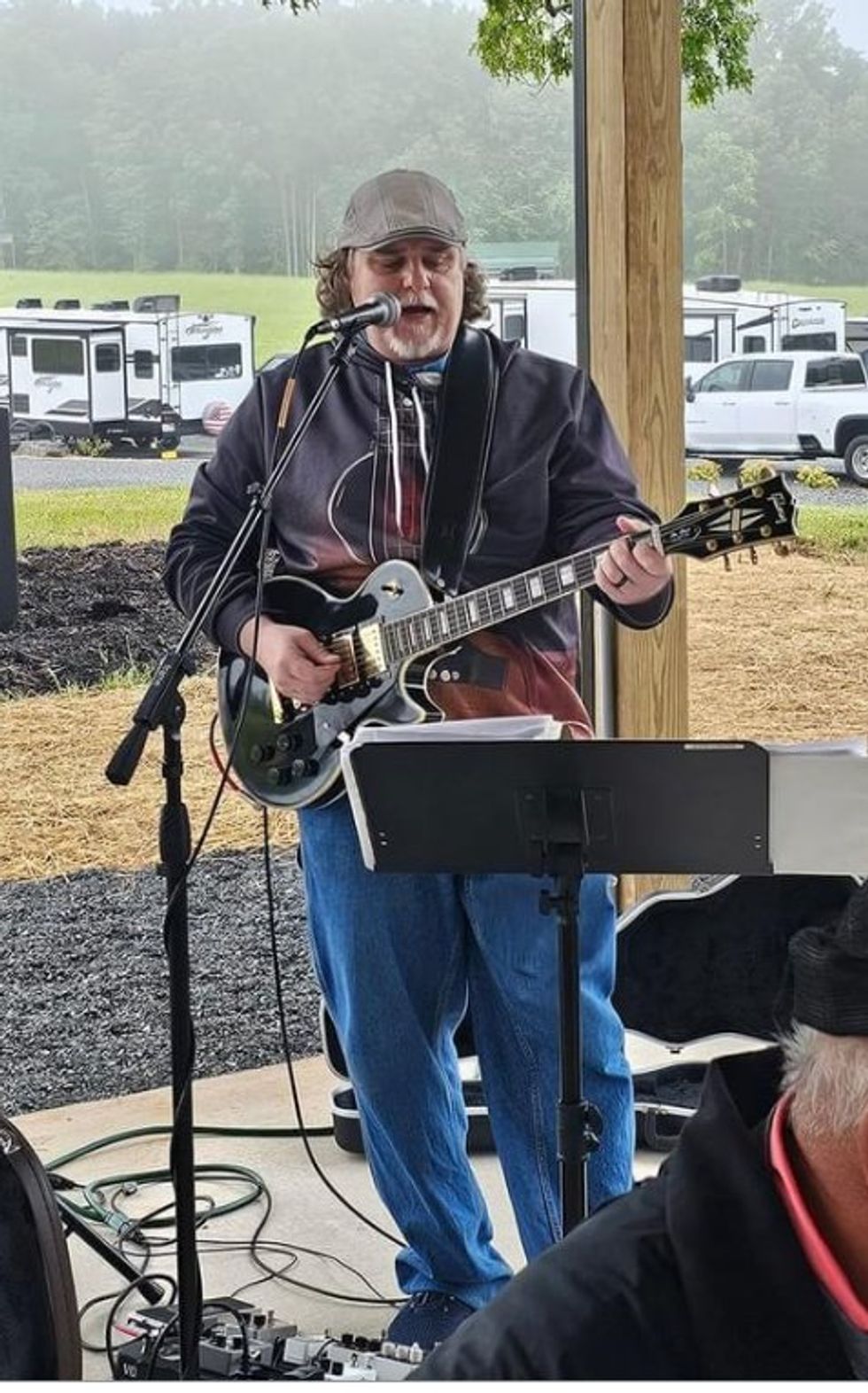
A: The most rewarding aspect of playing for me is when I connect with the audience. The main purpose of playing music live, in my opinion, has always been to take the audience away from everyday life for a while. Life smacks a person down a lot, whether it’s a bad day at work or school, bills you can’t keep up with, bad news, etc. When a person goes to hear live music, they want to forget that and have some fun and unwind. When I see the audience smile, sing along, or dance, I know I’ve managed to help with that. That’s why I enjoy doing cover songs and just mix in an original here or there. It’s also why I try to do a variety of music from several decades.
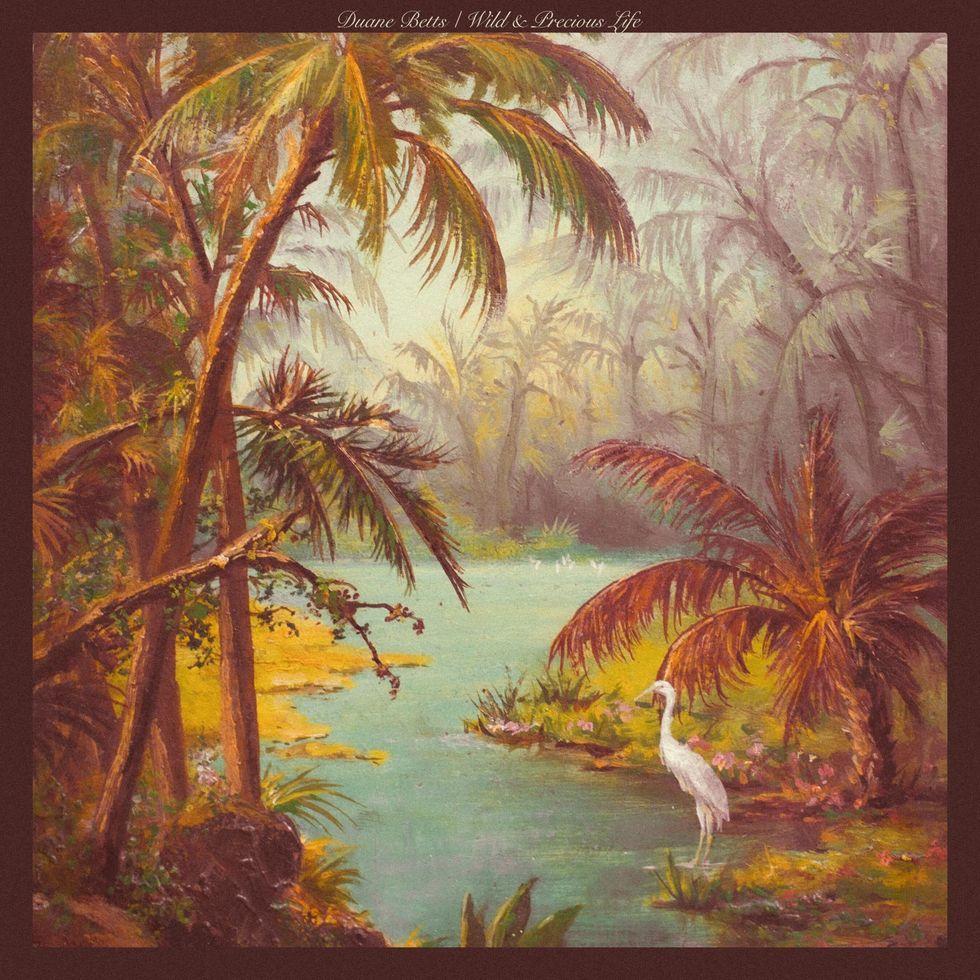
A recent go-to for Eddie has been Duane Betts’ Wild & Precious Life.
Obsession: I guess my current obsession is looping. I don’t plan to get into looping as deep as Phil Keaggy, or use drums and keyboards. I do enjoy stacking parts on guitar and even playing mandolin over a guitar loop, though. It helps with making a song sound more like the recorded version. I also use a looper, a Boss RC-500, to store and make backing tracks for a few songs.
Jon Levy - Publisher

For Jon, Pretenders’ self-titled never gets old.
A: Playing music has enriched my life in so many ways, it’s hard to pick the most important one. Is it the headrush from writing and recording? The thrill of live gigs? The champagne-soaked limousine rides with supermodels and celebrity fans? (Just kidding about that last one.) To be honest, it’s the deep friendship and goofy camaraderie with my bandmates. My entire social life is based on music, and it makes the backaches, hangovers, and tinnitus totally worth it.
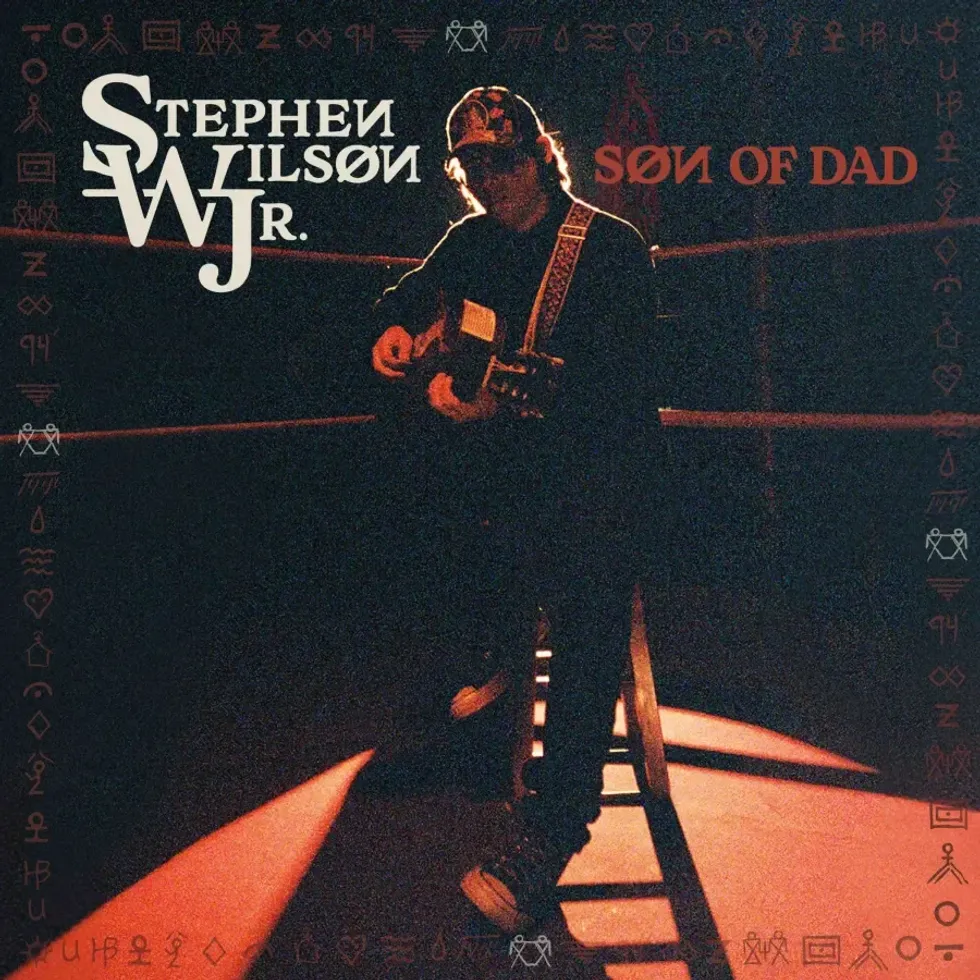
Nashville-based singer-songwriter Stephen Wilson Jr. is in Jon’s current rotation.
Obsession: Not looking at my hands when I’m playing. It forces me to concentrate on what I’m hearing and feeling—stuff that’s actually musical, rather than visual. I still ogle the fretboard a bunch, but I’m consciously trying to rely on my other senses as much as possible.
Brett Petrusek - Director of Advertising
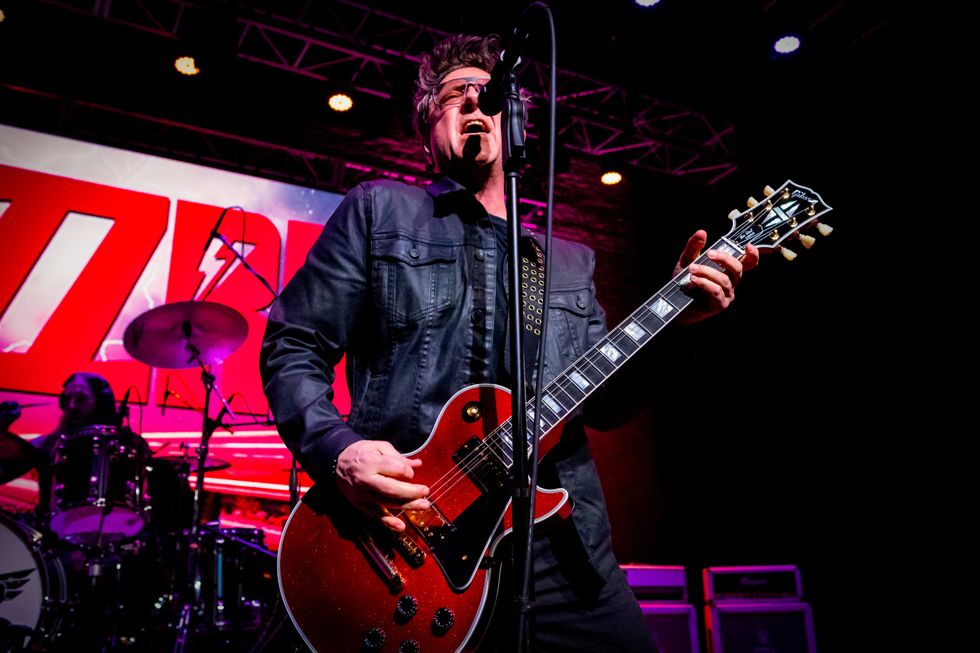
Brett’s a big fan of Iron Maiden’s Killers, but also loves Miles Davis’ timeless Kind of Blue.
A: All of it. There are so many seasons and the change of the seasons is what makes it so great. Hitting the perfect riff to inspire a new song. Recording: layering guitars and vocals, hearing the tracks build up and turn into a mix (I really love this part). Creating a body of work. Being on stage with your band and feeling the roar of your guitar through the PA. Connecting with an audience, or better yet, knowing a single person connected with your music in a meaningful way. Watching my team develop and get better at the game. I feel fortunate just to be able to do it and to be able to share the experience with my group, Fuzzrd. The single most important thing? It’s unconditionally always there for me—and it alway starts with a guitar.
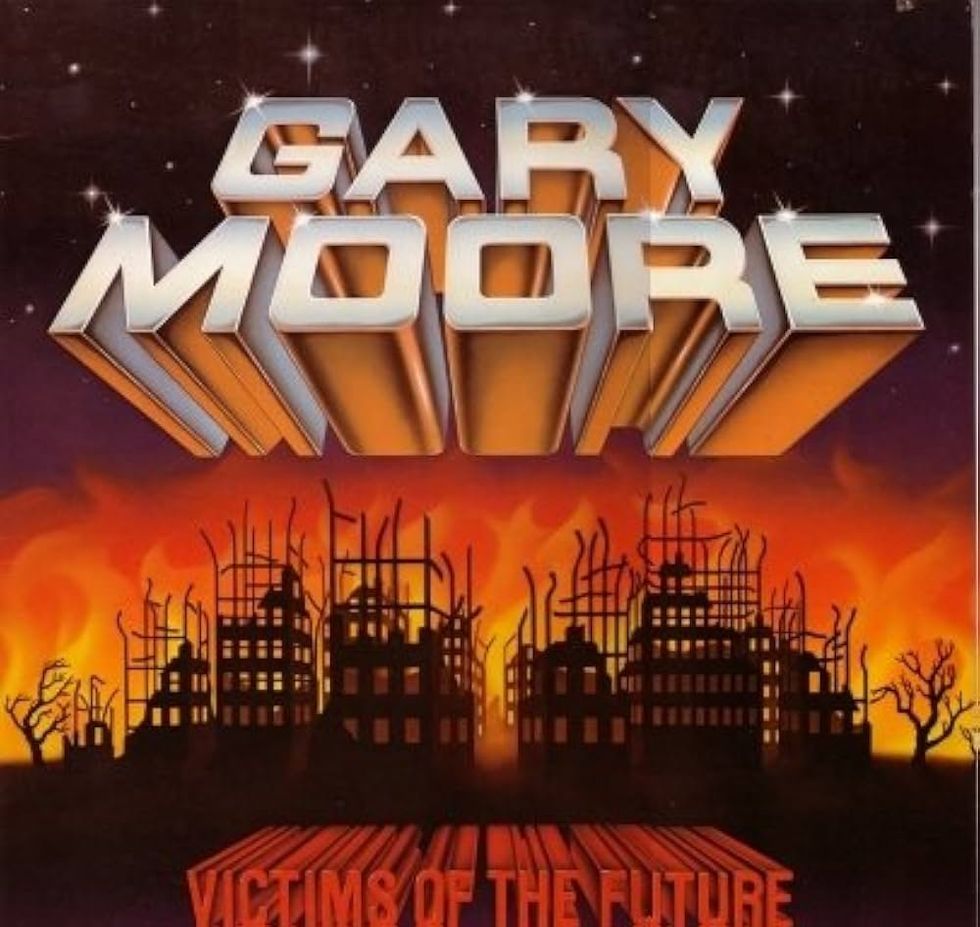
Irish hard-rocker Gary Moore’s Victims of the Future is a favorite of Brett’s.
Obsession: Taking a page from the legendary Gary Moore’s playbook: “So try and leave some big moments of silence in your solos—at least twice as long as what comes to you instinctively. After a while, you get in the habit of hearing those spaces, and the waiting comes naturally. And if you’ve got a good tone, you’ll create this anticipation where the audience can’t wait for the next note.”

